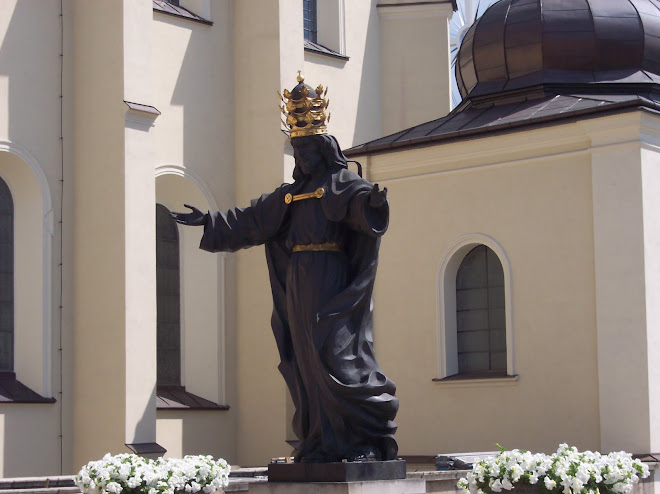Homo? Straight? What's the problem? It's love, innit?
They quote from his writings:
“A number of miracle stories turn out in the light of form criticism to be projections of the experiences of Easter back into the earthly life of Jesus, or anticipatory representations of the exalted Christ. Among these epiphany stories we should probably include the stilling of the storm, the transfiguration, Jesus’ walking on the lake, the feeding of the four (or five) thousand and the miraculous draught of fishes. The clear purpose of the stories of the raising from the dead of Jairus’s daughter, the widow’s son at Naim and Lazarus is to present Jesus as Lord over life and death. It is the nature miracles which turn out to be secondary accretions to the original tradition.
“The result of all this is that we must describe many of the gospel miracle stories as legendary. Legends of this sort should be examined less for their historical than for their theological content. They say something, not about individual facts of saving history, but about the single saving event which is Jesus Christ. To show that certain miracles cannot be ascribed to the earthly Jesus does not mean that they have no theological or kerygmatic significance…The probability is that we need not take the so-called ‘nature miracles’ as historical.” (Jesus the Christ, p. 90-91)
“The almost universal opinion today is that in their present form at least these passages are prophecies after the event. They are post-Easter interpretations of Jesus’ death and not authentic sayings. That applies particularly to the third prophecy, which gives very precise details of the actual course of the Passion. If Jesus had foretold his death and Resurrection as clearly as that, the flight of the disciples, their disappointment and their initial refusal to accept the evidence of the Resurrection would have been completely incomprehensible.” (Jesus the Christ, p. 114-115)
This kind of Biblical exegesis was hilariously lampooned a hundred and more years ago by Chesterton in The Flying Inn, a book which is always worth a read.
A Cardinal of the Catholic Church? The Devil's mouthpiece. St Nicholas, I think, would have dealt him a quick smack in the teeth.
The concrete boots? I could find a use for them, strengthening my kicking muscles.






































